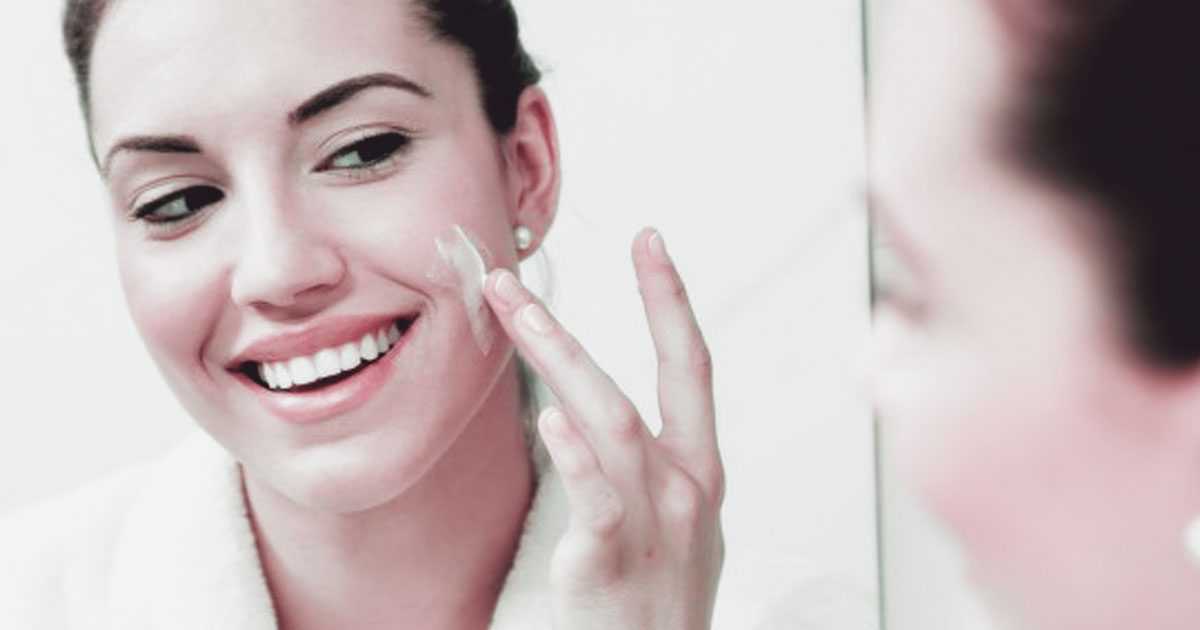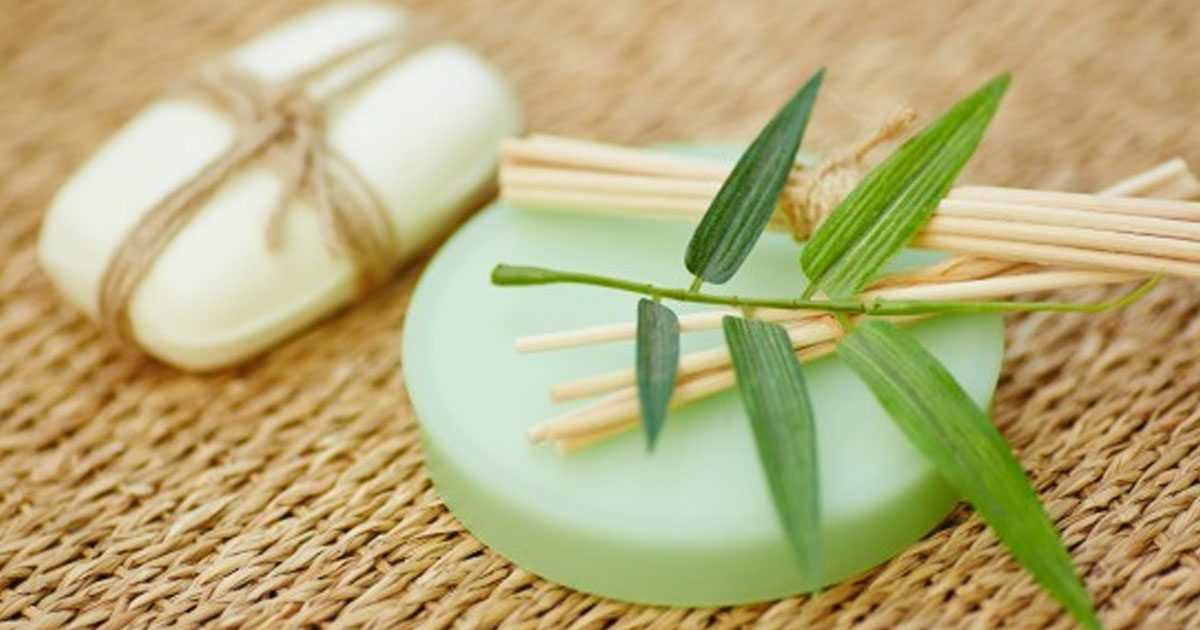Eczema is a general term used for a group of severe, itchy skin rashes that can appear anywhere on the body. Eczema causes inflammation of the skin (also known as dermatitis), with the appearance of dry, red patches which are incredibly itchy. In some forms of eczema, small bumps may form that ooze and crust upon scratching. Over time the scratched areas tend to become rough, scaly and leathery.
There are many types of eczema but the most common is atopic dermatitis, which frequently occurs among babies and children. About one in five children develop atopic dermatitis. Only a small percentage of adults are affected by this type. To know how to manage and get rid of eczema in babies find and consult with the best child specialist in Karachi, Lahore or any other main city via Marham.pk.
Eczema can affect any part of your skin, but the most common areas that are targeted include:
- Hands and feet
- Face, often on cheeks
- Around the neck
- Behind the ears
- Inside of elbows and wrists
- Back of knees
- Buttocks
Eczema is a very common skin condition but it is not contagious. The exact cause of eczema is unknown but researchers believe that heredity and some environmental triggers like an irritant or an allergen play an important role in causing a flare-up.
There is no cure for eczema at present, but it can be treated with proper diagnosis and prescription. You can consult with the best dermatologist in Karachi, Lahore or any other main city via Marham.pk. Treatment varies depending on the severity of the condition and also, from person to person.
It’s best to seek help from a dermatologist regarding your skin conditions and take proper care of yourself by following the doctor’s advice.
6 Most Effective Ways to Deal with Eczema:
1. Moisturizers and Lubricants:
Retain skin moisture by applying moisturizers and emollients suitable to your skin type.


Physiologic moisturizers, also known as Barrier-repair moisturizers, contain essential oils that an eczematous skin lacks, most commonly ceramide.
2. Bleach Bath:
A diluted bleach bath prevents flare-ups by decreasing the bacteria on the skin and the related infection. To combat infectious diseases effectively find and consult with the best infectious disease specialist of Karachi, Lahore or other main cities via Marham.pk.
3. Shorter Baths or Showers:
Take quick baths of 10-15 minutes instead of long ones. Use lukewarm instead of hot water.
4. Mild Soap Types:
Use gentle soaps instead of anti-bacterial or deodorant soaps because they wash out more natural oils and dry your skin.


5. Careful Drying:
Avoid rubbing your skin while drying with a towel. Gently pat it dry and apply a moisturizer while it is still damp.
6. Prescription Medications:
Your doctor may prescribe medications that will help reduce flare-ups and irritation. These most commonly include:
- Antibiotics: Prevent secondary skin infection.
- Corticosteroids: Best anti-inflammatory agents.
- Topical Calcineurin Inhibitors: Reduce itch and flare-ups if applied regularly. Always use the medication in consultation with your doctor. Self-medication can result in harmful and unwanted side effects.





